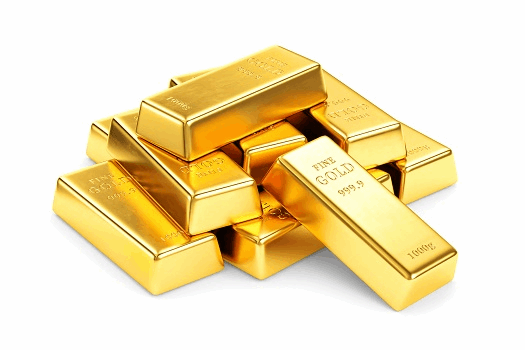What Form of Bullion Is Best to Purchase?
Gold and silver are certainly the most popular types of bullion in terms of availability and interest from investors and buyers. As for what’s “best,” that’s entirely up to you and determined by factors such as what goals you have with bullion purchases. That being said, there are some things we can recommend considering as you go about determining what types of bullion are best for you. If you’re considering investing in bullion, make sure to work with a reputable precious metals dealer, such as First National Bullion and Coin. Scottsdale collectors should consider the following factors when deciding which type of bullion to buy.
Gold vs. Silver
Let’s start by comparing gold and silver, since these are the two most common types of bullion. According to Forbes, gold tends to be best for most investors, since it’s less volatile in terms of price than silver. However, if you’re a fairly new bullion investor, silver is worth considering if your main concern is price. Generally, silver is more affordable than gold. Plus, gold is coming off record high prices largely due to pandemic-related buying patterns and demand.
Value
Value is worth considering, since investing in bullion with a fairly high value could pay off later if you opt to sell. Even if you hang on to what you buy, more valuable bullion could also be good for your portfolio and overall investment strategy. In order of value, the “best” types of bullion are:
• Rhodium, an extremely rare silver-hued precious metal
• Platinum, a noncorrosive precious metal that looks much like silver
• Gold
• Ruthenium, an alloy of palladium and platinum that’s in demand because of its use in electronics manufacturing
• Iridium, a brightly hued precious metal in the platinum family
Tradability
If your main goal with bullion is being able to trade what you have without too much difficulty, coins are the form of bullion often considered “best.” According to Forbes, coins are highly liquid and easy to trade. Bars are generally recommended for investors prepared to make larger buys, but they do tend to present some challenges when it comes to storage.
Accessibility
You’ll have more buying options with silver and gold. The rarer precious metals are generally more difficult to track down. With forms of bullion, bars and coins are more accessible. For instance, bars are often available in varying sizes and weights. Coins come in many forms as well, but the ones issued by sovereign governments have a more consistent value.
How to Determine What’s “Best” for You
As mentioned above, the type of bullion that’s “best” for you will ultimately depend on what factors matter most to you with bullion buying and investment. One way to go about determining what type of bullion is best for you is to make a list based on the following factors:
• How much you can afford to initially invest in bullion
• Whether you’ll be hanging on to your bullion or selling some of it later
• Availability of the quantities and sizes you prefer
• What you’re most familiar with in terms of market conditions and desirable characteristics that contribute to value
When they’re looking for the best place to buy gold or silver bullion, Scottsdale precious metals collectors can rely on the trustworthy professionals at First National Bullion. We can answer all your questions and help you find all the information you need on how precious metals can be a valuable part of your portfolio. Give one of our experienced dealers a call today at (480) 546-5089.
The statements made in this blog are opinions, and past performance is not indicative of future returns. Precious metals, like all investments, carry risk. Precious metals and coins may appreciate, depreciate, or stay the same in cash value depending on a variety of factors. First National Bullion does not guarantee, and its website and employees make no representation, that any metals for sale will appreciate sufficiently to earn the customers a profit. The decision to buy, sell, or borrow precious metals and which precious metals to purchase, borrow, or sell are made at the customer’s sole discretion.


